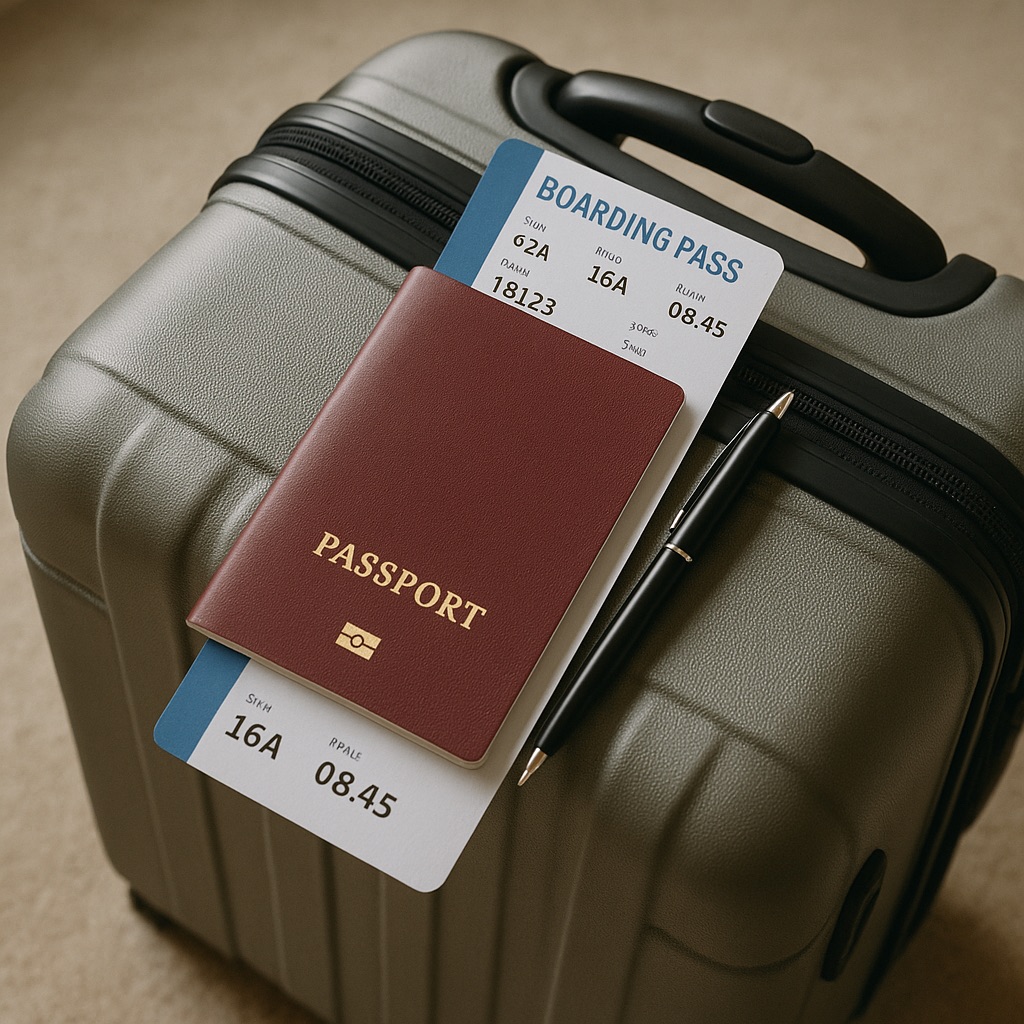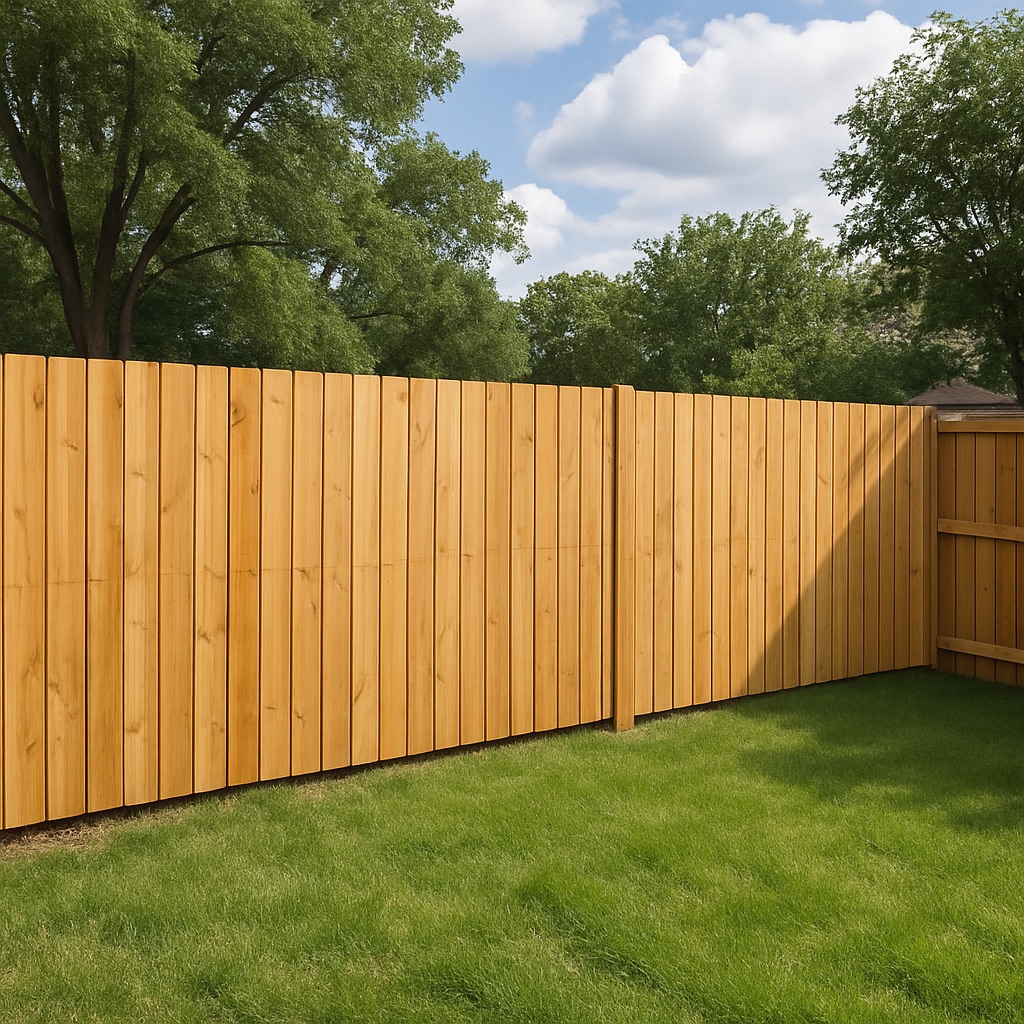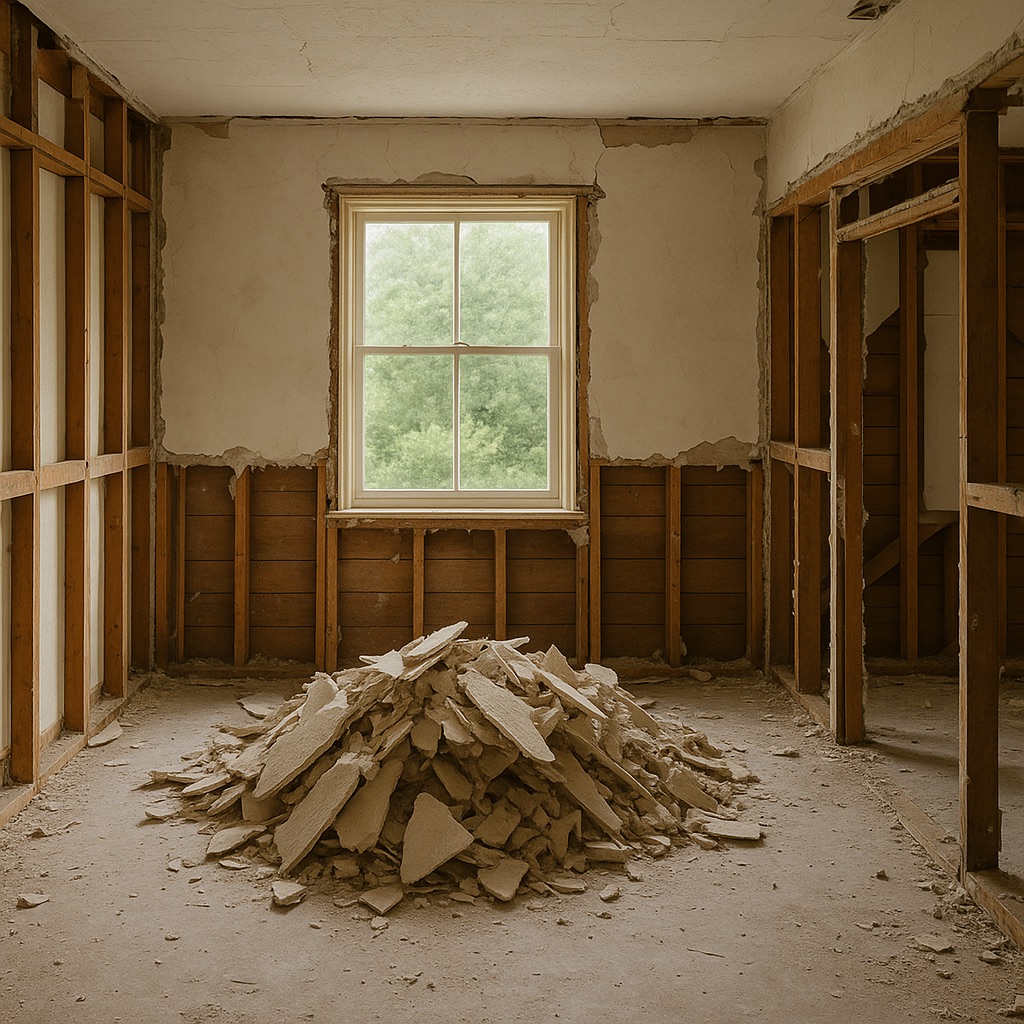Last updated on
Thinking about relocating to Norway? It’s a big decision, no doubt about it. Between sorting your paperwork, getting your belongings from A to B, and adjusting to a whole new culture, things can get overwhelming fast.
But it doesn’t have to be chaos. With a bit of planning and some practical know-how, the move can be smoother than you think. If you’re preparing for the shift, here are eight tips to help take the stress out of it.
Table of Contents
1. Sort your paperwork well in advance

Norway’s known for its efficiency, but that doesn’t mean you can leave everything to the last minute. There’s a decent amount of admin involved, especially if you’re coming from outside the EU.
Start by figuring out your residence status. If you’re planning to work, you’ll likely need a residence permit tied to your job offer. And if you’re bringing family with you, there’s extra paperwork to deal with.
Next, register your move with the Norwegian Tax Administration once you arrive. This gets you a national ID number, which you’ll need for pretty much everything, from opening a bank account to visiting the GP.
The bottom line is, don’t underestimate the timeline. Government processes can take weeks, sometimes months, so it’s better to get a head start.
2. Hire removal specialists with experience
Moving internationally isn’t the same as relocating down the street. You need removal specialists who know what they’re doing, specifically, ones who have handled moves to Norway before, such as Schepens. They’ll understand customs regulations, know how to handle paperwork at borders, and be familiar with ferry routes, tolls, and possible delays on the road. That kind of experience means fewer surprises and less risk of your belongings getting held up or damaged.
Also, check if they offer insurance and storage options. The weather can be unpredictable in Norway, so it’s wise to have contingencies in place in case delivery can’t happen right away.
3. Don’t guess the cost of living, research it properly
Norway has a reputation for being expensive, and while salaries do balance things out to some extent, it’s important to go in with your eyes open. Groceries, dining out, and certain services can cost more than what you’re used to. Alcohol and fuel, in particular, are heavily taxed. Even day-to-day essentials might be priced higher than expected.
That said, healthcare and education are strong, and public transport is reliable. If you’re moving to a city, you may not even need a car. But rural areas can be a different story, where owning a vehicle might be more of a necessity.
Do a proper comparison based on your lifestyle. Budget out a few typical weeks so you have a realistic sense of what your monthly spending could look like.
4. Housing takes time and patience
Finding a place to live in Norway isn’t impossible, but it does take a bit of persistence. Rental options are competitive in the cities, especially in places like Oslo and Bergen. Some landlords expect you to view properties in person, which can be tricky if you’re not in the country yet.
If you can, consider short-term accommodation for the first month or two. This gives you time to get a feel for different neighbourhoods and sort your paperwork without the pressure of committing long-term right away.
And yes, prepare for deposits – typically three months’ rent upfront is standard. Some landlords also request references, so have those ready.
5. Pack smart — not everything needs to come with you
Not everything you own will be suited to your new life in Norway. For one, most Norwegian homes come partially furnished, often with basic appliances included. And you may find that some of your electronics don’t work with local voltage or plugs.
Think seasonally, too. If you’re arriving in winter, make sure your warm gear is easy to access. And if you’re coming in summer, you’ll still want to bring a few cold-weather essentials — temperatures can drop suddenly, even in the warmer months.
It might be worth putting some items in storage at home while you settle in. You can always bring over more later once you’re better adjusted.
6. Learn the basics of the language
You don’t need to be fluent on day one. But learning some basic Norwegian will go a long way, especially outside the main cities where English isn’t as widely used.
Simple things like greetings, directions, and common phrases will help you feel more confident in daily life. Plus, it shows respect for the local culture, which people appreciate.
There are free language groups and low-cost classes in most towns. Some employers even offer courses as part of your relocation package. Even if you’re not a natural linguist, giving it a go makes a real difference.
7. Prepare for the weather shift
Norway’s weather varies massively depending on where you’re moving. Coastal cities tend to be wet and windy, while inland areas can get seriously cold in winter.
The long, dark winters catch a lot of newcomers off guard. Sunlight hours drop significantly in the colder months, and it’s not unusual to go weeks with barely any daylight if you’re living in the north.
Invest in proper winter clothing — waterproofs, insulated boots, layers, the works. And consider a daylight lamp or vitamin D supplements if you’re sensitive to the seasonal changes. Locals swear by them.
Come summer, though, you’ll experience the flip side. The long daylight hours are magical and give you a real boost after the winter months.
8. Get to grips with the social norms
Norwegians are friendly but reserved. It’s not that people are cold; it’s just a different rhythm of social interaction. Don’t expect strangers to strike up conversations in queues or on public transport. That said, once you make a connection, it tends to be genuine. It might take a little time, but friendships here are deep and dependable.
There’s a strong sense of personal space, so give people room, especially in public settings. And punctuality matters — being on time is seen as a sign of respect, whether it’s for work, appointments, or social events. Understanding and respecting these unwritten rules helps you settle in more easily and avoid misunderstandings.
Settling In Takes Time & That’s OK
Relocating to Norway isn’t just about logistics. It’s about adapting, adjusting, and learning to live a little differently. Some things will feel unfamiliar at first, and that’s perfectly normal.
Give yourself time. Don’t rush to feel “at home” in the first few weeks. Let yourself experience the adjustment without pressure. Eventually, routines start to click, the language makes more sense, and what once felt new becomes part of your everyday.




